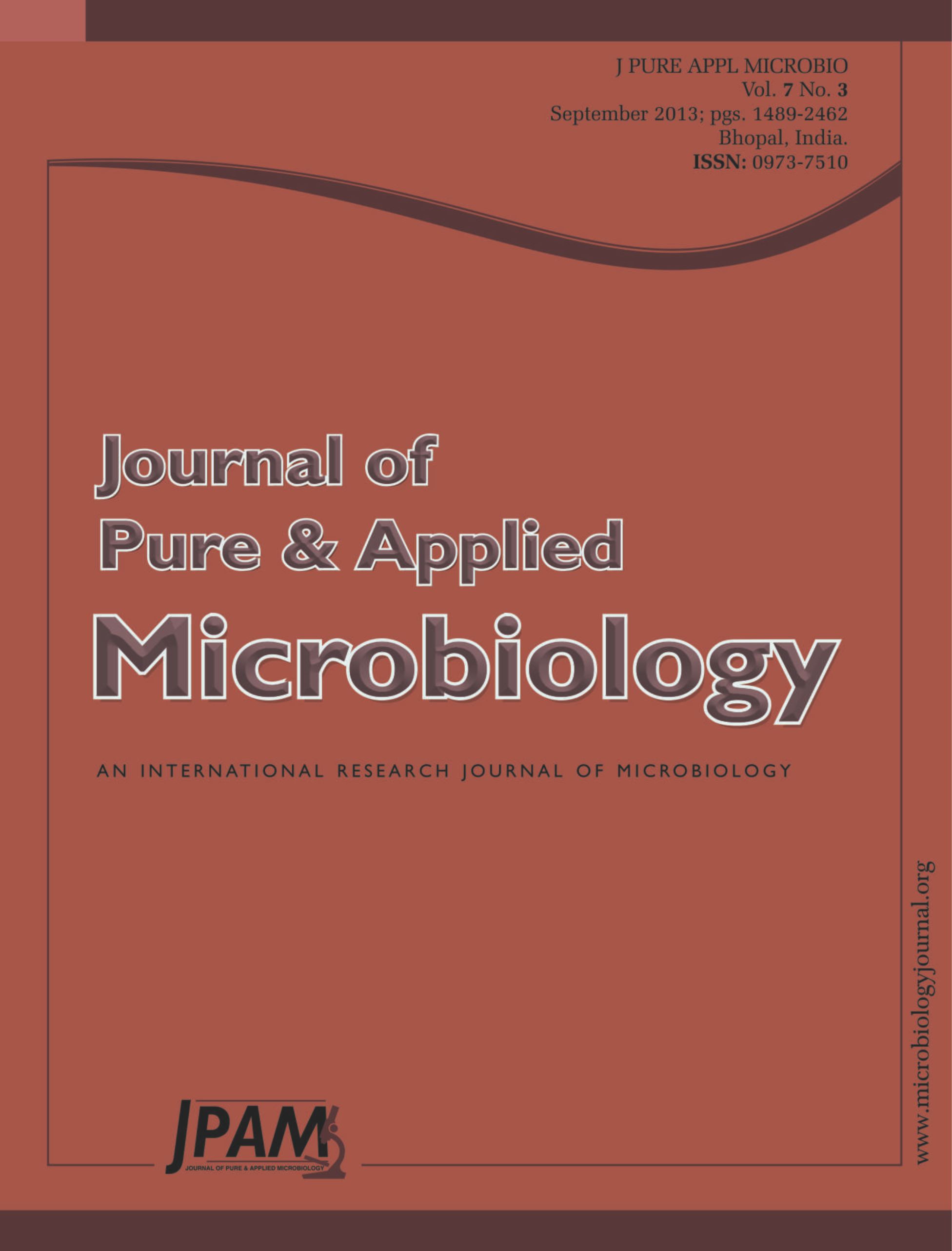When waterborne bacteria congregate in sufficient numbers they form a film on the surface of pipelines, tanks, and industrial equipments. Sulfate-reducing bacteria (SRB) are the major contributors to microbial influenced corrosion (MIC), particularly in environments with high sulfate concentrations such as seawater. More problems occur when the biofilm builds up biofouling which is composed mainly of macrofouling organisms such as mollusks, barnacles and mussels. This work presents the results of biocidal effects of some readily available natural non-edible domestic wastes; the waste bitter water extract of Egyptian lupine seeds (L) and the hot water extracts of orange (O) and mandarin (M) peels against planktonic SRB and (Brachidontes variabilis). The three natural extracts express good biocidal activity against SRB and B. variabilis and show low toxic effect on non-target sea organisms (e.g. isopoda, amphipoda and decapoda) compared to chemical biocides reported in literature.
Biocides, sulphate reducing bacteria, macro-biofoulants, biomass extracts, toxicity, non-target sea organisms
© The Author(s) 2014. Open Access. This article is distributed under the terms of the Creative Commons Attribution 4.0 International License which permits unrestricted use, sharing, distribution, and reproduction in any medium, provided you give appropriate credit to the original author(s) and the source, provide a link to the Creative Commons license, and indicate if changes were made.


